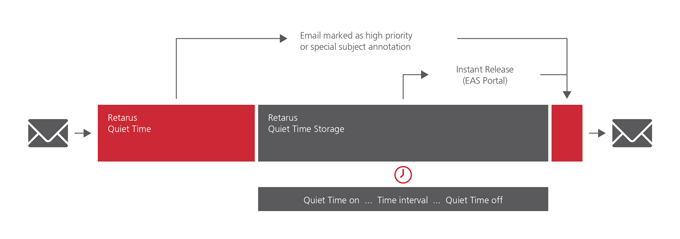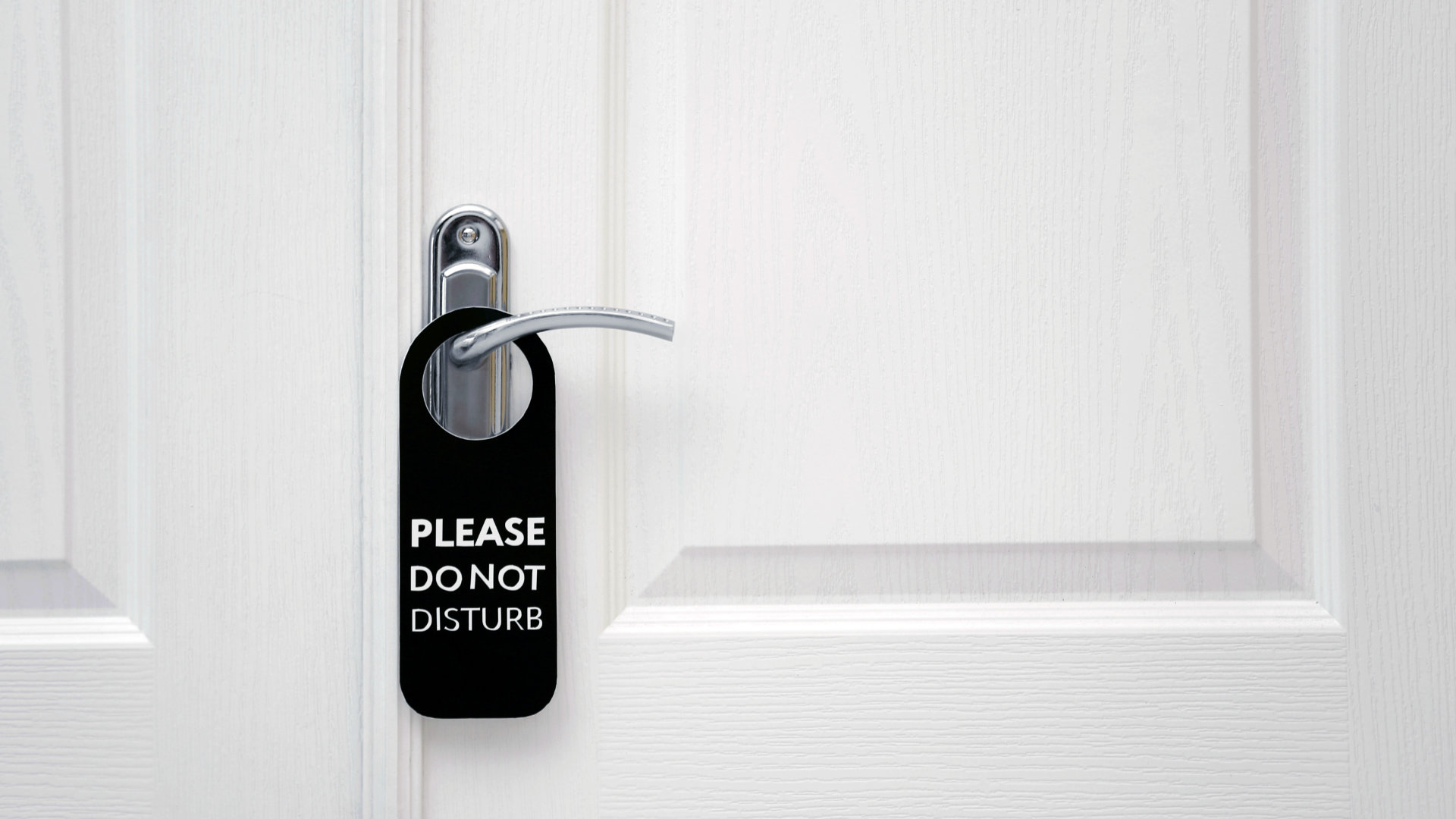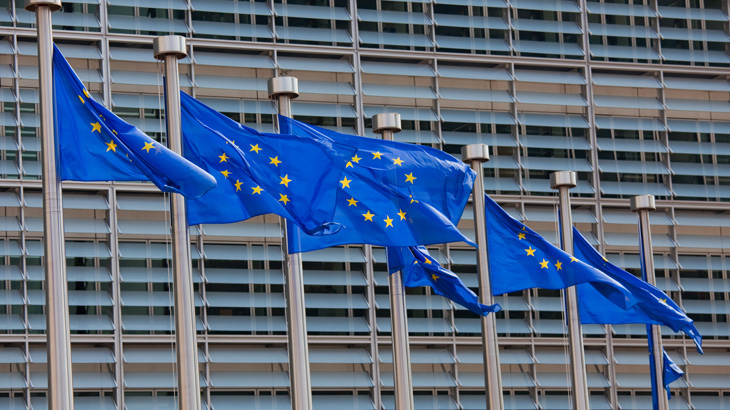As of January 1, 2017, a new law has been enacted in France allowing employees to be offline outside of their working times. With this new law our neighbors across the border are attempting to improve the work-life balance of French employees – our French Country Manager Benoît Tremolet recently wrote about this “droit à la déconnexion“ in “Les Echos“. The excessive use of digital devices has been held responsible for everything from burnout to insomnia and relationship issues, reports news agency AFP. The new law makes it mandatory for companies with more than 50 employees to open negotiations with workers aimed at defining when staff are allowed to ignore their smartphones. Yet this new legislation seems to be of a rather symbolic nature, as companies which do not define a “right to switch off“ are in no way subject to sanction. The “always-on working culture“ is, moreover, a two-edged blade – it is in fact driving a rise in (mostly unpaid) overtime, but on the other hand employees benefit from increased flexibility to work outside of the office. Employers are likewise faced with the challenge of bringing their workers‘ expectations for both health protection and flexibility together in a sensible way. “For some people, they want to work for two hours every evening, but want to be able to switch off between 3 and 5pm when they pick their kids up and are cooking dinner,” according to Anna Cox, who is researching computing and work-life balance at the University College London (UCL). Others are pleased to have the opportunity to use their daily commute to check their messages and get an early start. A growing number of employees are now working remotely or with colleagues situated in other time zones, Cox continues. The price we pay for this flexibility is that we now have to learn to cope with fuzzy borders between work and home life, and to be able sometimes to simply say “actually, I’m not working now“. As far as the new law is concerned, the expert expects one of the positive outcomes to be that it will encourage “conversations with people working together about what their expectations are”. Here in Germany a recent Bitkom survey has shown that nearly two thirds of employees (65 percent), who were on leave over the Christmas holidays and until the new year were available to be contacted for work over that period. In comparison with previous years the number has fallen once again. Last year the figure was 73 percent, while in 2014 it was even 76 percent. “Both on the part of staff as well as employers, awareness is on the rise regarding how crucial it is to consistently understand and respect recreation and recovery times for what they are,“ says Bitkom Chief Executive Bernhard Rohleder. In the meanwhile many companies have introduced binding internal provisions to deal with the issue. A good third (35 percent) of workers on holiday over the festive season have this year responded that they are not reachable for work purposes during their days off. In the previous year 27 percent wanted to disconnect from work entirely, while in 2014 the number only constituted a quarter of respondents (24 percent). For around a quarter (23 percent) of employees there is no question mark hanging over their reachability – they have no holiday at all over the festive period.  Retarus customers who subscribe to the cloud service E-Mail Security can use the “Quiet Time“ feature to set time intervals during which their employees should receive no external emails, for instance leisure time or weekends. Emails arriving in the meanwhile are temporarily stored at Retarus‘ data centers and subsequently delivered automatically to their recipients. An emergency button and a flag-through function allow emails with a higher priority to pass through, ensuring that business critical emails are still delivered. Find out more about Retarus E-Mail Security here or from your local Retarus contact person.
Retarus customers who subscribe to the cloud service E-Mail Security can use the “Quiet Time“ feature to set time intervals during which their employees should receive no external emails, for instance leisure time or weekends. Emails arriving in the meanwhile are temporarily stored at Retarus‘ data centers and subsequently delivered automatically to their recipients. An emergency button and a flag-through function allow emails with a higher priority to pass through, ensuring that business critical emails are still delivered. Find out more about Retarus E-Mail Security here or from your local Retarus contact person.
France now also gets to take a break

Tags: Email // Email Security



